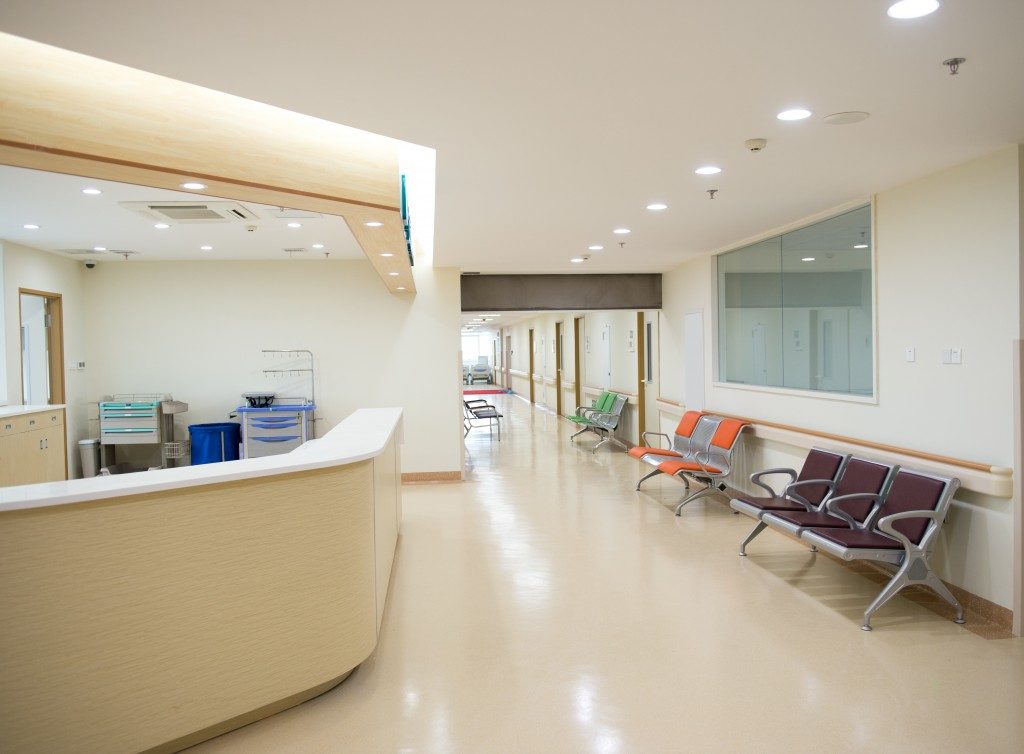Healthcare organizations have always valued their public image. However, most of them haven’t perceived it as a strategic priority until recently. The shifting patient demographics, a growing number of online review platforms, and the ever-evolving healthcare insurance policies are forcing healthcare facilities across the country to act proactively when it comes to reputation management.
For instance, they must ensure every patient is getting quality services, the staff has access to reliable healthcare IT support, and the entire facility complies with related medical laws. Here are four effective ways to improve your hospital’s reputation both online and offline.
1. Think of clients rather than patients.
Patients seek the best medical services from healthcare facilities with an outstanding track-record for successfully handling a particular health condition. They also value medical professionals who treat them with respect and empathy. Anyone would feel cared for when interacting with a nurse or doctor who listens to them and is compassionate.
Additionally, patients consider broad factors such as waiting time, the general appearance of your facility, and the overall quality of services they get when choosing a healthcare facility. To attract new patients, you need to think of them as a customer and go beyond accurate diagnosis and treatment. Set up a compelling patient-hospital relationship management strategy.
2. Find out what patients say about your facility.
You cannot do much to strengthen your facility’s reputation unless you know what your previous patients are saying about it. Conduct a survey of nearly everyone who has ever interacted with your facility, including patients, community members, employees, vendors, and physicians. You can also check online review sites. This will give you a clear image of your hospital.
These details can help you categorize the issues you’re facing. Some problems, such as poor staff training and complex billing policies, should be addressed immediately. You shouldn’t ignore complaints about a particular ward or staff in your hospital.
3. Prioritize the overall patient experience.
 The reputation of your healthcare facility is heavily dependent on the overall quality of the service you provide and client experience. Therefore, ensure your facility is fully equipped, have trained and professional doctors or nurses, and that everyone who visits the facility feels cared for.
The reputation of your healthcare facility is heavily dependent on the overall quality of the service you provide and client experience. Therefore, ensure your facility is fully equipped, have trained and professional doctors or nurses, and that everyone who visits the facility feels cared for.
Structuring your healthcare services with the patients’ needs in mind can help prevent negative feedback and earn a positive reputation. It can also elevate your facility’s standing in the industry. Remember, most people ask for referrals when seeking medical services. That means what your previous patients say about your services has a significant impact on the reputation and success of your hospital.
4. Respond to complaints and questions promptly.
An effective way to ease the impact of negative reviews is to respond to patients’ concerns and negative comments thoughtfully. No matter what the patient says, you should respond calmly and courteously. Remember, most people will judge you based on your response to criticism. Thus, it is wise to take the road high.
Managing and improving your hospital’s reputation should be a continuous process. It takes constant effort and vigilance. You must track your customers’ reviews and post content on your website or social media that can position your facility in the best possible light.
